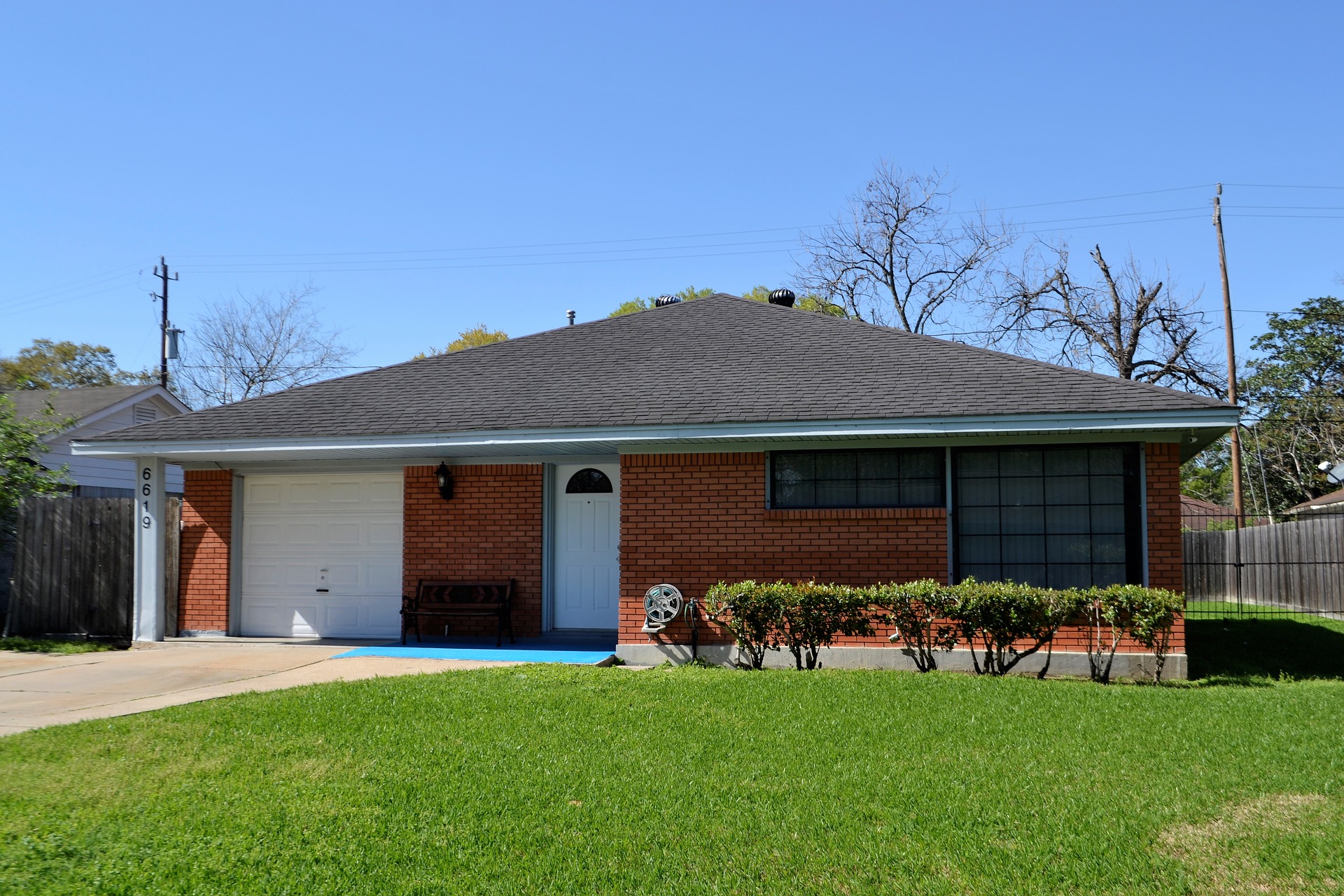
27 Feb I’m selling a foreclosed home. Do I pay the exit tax?
Photo: pixabay.comQ. I’m selling a home in New Jersey that’s already in foreclosure. I already moved out of state. There will be no profit from the same and I will actually owe almost $10,000 at closing. Because I’m not getting the proceeds, am I still subject to the 2% nonresident tax? On the GIT/REP-3, Box #14 refers to the seller not receiving net proceeds from the sale.
— Cutting ties
A. You’re talking about the so-called “exit tax,” which is not actually a special or extra tax when you sell your home and move out of state..
This tax is actually a “withholding” or “estimated” tax that is paid in advance if you are moving out-of-state. It’s the greater of 8.97% of the profit on the sale of the home or 2% of the selling price.
The State of New Jersey requires all real property owners to execute a special tax form that must be attached to all deeds upon sale of the property or the deed would be rejected by the recording office, said Gerard Papetti, a certified financial planner and certified public accountant with U.S. Financial Services in Fairfield.
NJ Form GIT/REP3 – Seller’s Residency Certification/Exemption is for NJ resident taxpayers and contains fourteen (14) exemption choices (actually called “Seller’s Assurances”) that allow for any taxes on the gain to be paid when filing NJ Resident NJ-1040 Gross Income Tax return.
Exemption No. 1 applies to New Jersey residents and states that all applicable taxes on the gain from the sale will be reported on a New Jersey Resident Gross Income Tax Return, he said.
Exemptions No. through No. 14 apply to non-residents and are summarized here:
2: Real property was used as a principal residence and qualifies under IRC Section 121 of the Internal Revenue Code, which excludes up $500,000 of gain for married taxpayers and $250,000 for single taxpayers.
3: Addresses a mortgagor conveying the property to a mortgagee in foreclosure.
4: The seller is a governmental agency.
5: The seller is not an individual, estate or trust, i.e. corporation, partnership etc…
6: Total consideration is $1,000 or less.
7: The gain from the sale will not be recognized if qualified under Sections 721 (contribution to a partnership), 1031 (like-kind exchanges), 1033 (involuntary conversions) and non-like kind property received.
8: The transfer is by an executor/administrator of an estate pursuant to a decedent’s will.
9: Real property is sold subject to a short sale.
10: The deed is dated prior to Aug. 1, 2004 and was not previously recorded.
11: The sale is being made by a relocation company.
12: Real property is being transferred subject to divorce.
13: The property transferred is a cemetery plot.
14: The seller is not receiving net proceeds from the sale.
A non-resident individual, estate or trust is required to complete and sign the GIT/REP-1 or GIT/REP-2 form in order to record the deed, unless the non-resident individual, estate or trust meets one of the seller’s assurances listed on the GIT/REP-3 form, Papetti said.
He said when non-resident sellers calculate the estimated gross income tax payment on the sale/transfer of real property in New Jersey in accordance with N.J.S.A. 54A:8-9(a), the gain on the sale/transfer is multiplied by the highest rate of tax (8.97% effective Aug. 4, 2004) for the taxable year provided in N.J.S.A. 54A:2-1, but the estimated tax payment shall not be less than 2% of the consideration for the sale or transfer stated in the deed affecting the conveyance.
To your question specifically:
“Even if a non-resident seller recognizes no gain from the sale or transfer of real property in New Jersey, they are required to make an estimated gross income tax payment of the minimum 2% of the total consideration stated on the deed and must be paid on or before the time of closing,” he said. “Any tax withheld can be refunded when filing a New Jersey income tax return reflecting no gain.”
When a New Jersey resident moves out of the state, you are considered a non-resident on or after the day of transfer. Part-year residents are considered non- residents, he said.
The forms must be completed at the time of closing and given to the buyer/buyer’s attorney, Papetti said. Then the buyer’s attorney must submit the original Seller’s Residency Certification/Exemption Form GIT/REP-3 or Non-resident Form GIT/REP-1 to the county clerk at the time of recording the deed. Failure to do so will result in the deed not being recorded, he said.
If one of the exemptions apply, Form GIT/REP-4 Waiver of Seller’s Filing Requirement will be used to record the deed upon foreclosure without requiring the 2% New Jersey withholding.
“Based on your situation — that the real estate will be foreclosed upon and you will not be receiving any sales proceeds — it appears that you would qualify under exception No. 14 and will not be subject to the 2% New Jersey withholding tax on the sale of a residence,” Papetti said.
Email your questions to Ask@NJMoneyHelp.com.
This story was originally published on Feb. 28, 2020.
NJMoneyHelp.com presents certain general financial planning principles and advice, but should never be viewed as a substitute for obtaining advice from a personal professional advisor who understands your unique individual circumstances.

